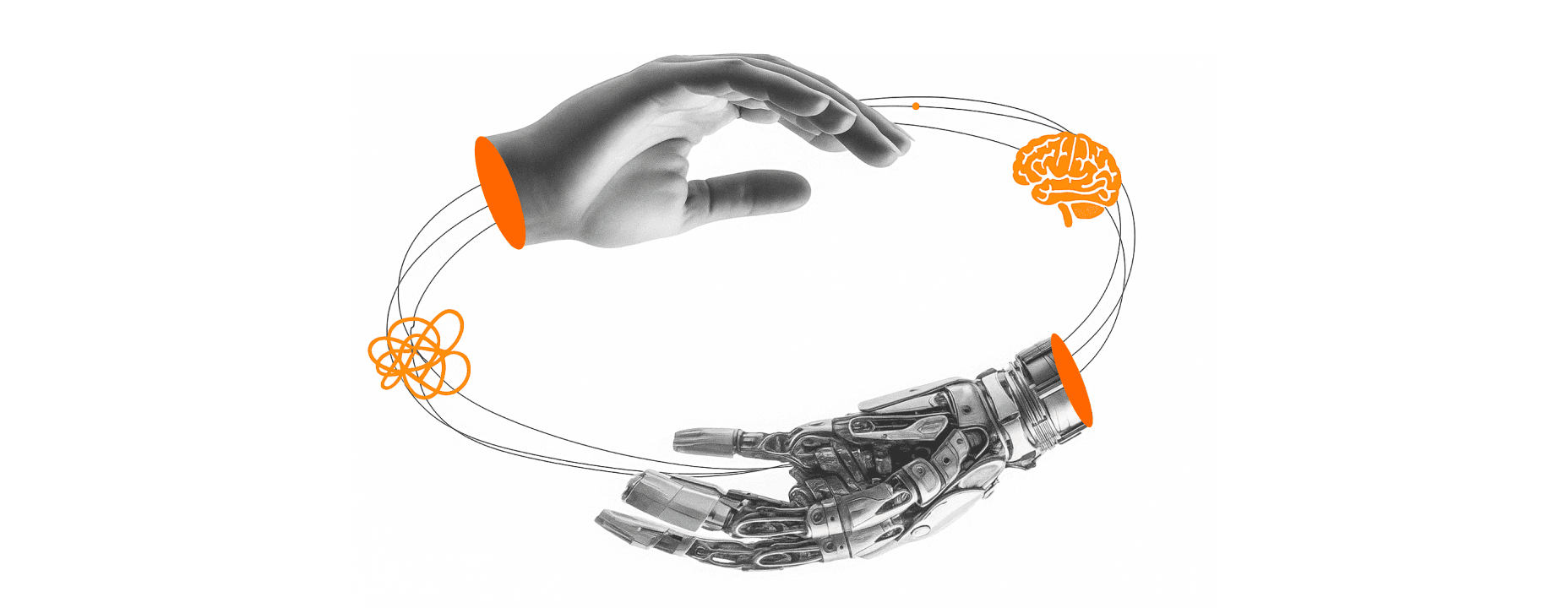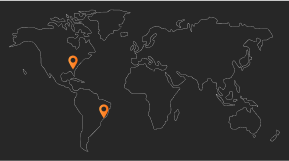AI-Driven Prosperity

Will artificial intelligence make you obsolete or unlock your untapped potential? We are standing at the threshold of a profound economic transformation, where artificial intelligence (AI) is no longer just a technological advancement, but a structural force reshaping the global economy.
The idea that AI will simply eliminate jobs is simplistic and distracts from the real shift underway: AI will not steal your livelihood, it will expose who is unprepared for the market’s rapid evolution. Far from being a threat, AI is a catalyst for prosperity, expanding productivity beyond human limits and redefining the relationship between work and wealth.
This article explores how AI is generating unprecedented economic value, rewarding those who adapt and challenging those who resist change.
AI as Productive Infrastructure
Artificial intelligence is more than just a tool, it’s a foundational layer of infrastructure, comparable to electricity or the internet in its transformative impact.
Unlike traditional automation, which focuses on specific tasks, AI operates as a continuous, autonomous, and discreet system, optimizing operations, informing decisions, and discovering efficiencies without the limitations of human fatigue or downtime.
For instance, Amazon uses AI to optimize logistics, employing predictive algorithms to manage inventory and delivery routes in real time, cutting costs and boosting efficiency. Companies that see AI as a core operational pillar, not a peripheral add-on, are discovering new sources of value by transforming stagnant processes into dynamic growth engines.
This infrastructure enables a level of productivity that exceeds human constraints. A designer can iterate on prototypes faster using AI-based simulations; a financial analyst can process massive datasets and extract insights in seconds.
The result is an economy that produces more, not because we work more hours, but because digital systems work relentlessly behind the scenes, creating value around the clock.
The Redefinition of Economic Value

AI’s relentless productivity is rewriting the rules of economic growth. Historically, GDP was linked to human labor and physical capital.
Now, digital systems, algorithms, predictive models, and autonomous agents generate value independently, detaching economic growth from human effort. We don’t work longer hours, but the economy behaves as if we did, driven by AI’s constant output.
This shift, which we explored in our earlier article on digital transformation, reveals how technology is expanding value creation beyond traditional limits.
The new logic of value also challenges old assumptions. Wealth generated by AI is no longer tied to hours worked, which disrupts the classic link between effort and compensation. Instead, routine tasks are increasingly automated, freeing workers to focus on creative and strategic roles, potentially increasing individual income and creating demand for new goods and services.
This creates a virtuous cycle of prosperity, where AI-driven efficiency fuels economic expansion and social reinvention.
The Transformation of Human Work
AI won’t eliminate jobs, but it will fundamentally change their nature. As routine tasks become automated, workers are freed to focus on high-value activities like innovation, problem-solving, and human connection.
In healthcare, for example, AI-powered diagnostic tools enable doctors to prioritize patient care over administrative tasks. In education, personalized AI learning platforms improve student outcomes.
However, this transformation requires adaptability. Those who embrace continuous learning and reskilling will thrive, while those resistant to change risk falling behind. The division is clear: AI doesn’t eliminate jobs, it highlights who is ready for the future.
This shift also raises broader social questions. As work becomes less about manual effort and more about intellectual and creative contributions, industries like professional services and tech are evolving rapidly.
Our previous discussion on automation anticipated this trend, showing how digital tools redefine roles across sectors. To stay relevant, workers must develop skills that complement AI, like critical thinking and emotional intelligence, ensuring they remain indispensable in an AI-augmented world.
Conclusion
AI-driven prosperity is not a zero-sum game. It’s an invitation to reimagine our roles in an economy where productivity knows no limits.
By embracing AI as a partner, individuals can amplify their potential, organizations can unlock new efficiencies, and societies can tackle urgent challenges with unprecedented ingenuity.
But this future requires action. Those who adapt, learn, and innovate will shape the next era of wealth creation. Those clinging to outdated models risk obsolescence.
As we stand at this economic crossroads, the question remains: Will you harness AI to redefine your future or be left behind? Explore AI tools. Share your ideas in the comments. Join the conversation to help build a more prosperous tomorrow.
